Introduction
In an effort to combat climate change, reduce emissions, and promote sustainable transportation, California is rolling out a groundbreaking electric bike incentive program. The California Air Resources Board (CARB), in collaboration with Pedal Ahead, has introduced a program designed to encourage residents to opt for eco-friendly transportation options. The program, set to launch in late 2023, is poised to make electric biking more accessible to a wider audience while offering financial incentives to qualifying applicants. Let's delve into the details of the California Electric Bike Rebate and Tax Credit program (A.B. 117) and understand how it can revolutionize commuting and help Californians embrace greener lifestyles.
Program Basics
The California Electric Bike Rebate and Tax Credit program, administered by Pedal Ahead, is set to undergo a soft launch in four regions in late 2023, followed by a statewide rollout. This program aims to incentivize the purchase of electric bikes by offering generous vouchers to qualifying individuals. Here are the key highlights:
1. Eligibility Criteria: To qualify for the incentive program, participants must meet certain income requirements. Household income is capped at 300% of the federal poverty level (FPL), with special priority given to those under 225% FPL or living in a disadvantaged community.
2. Voucher Amounts: Qualifying applicants can receive a voucher of up to $1,000 for a regular electric bike and up to $1,750 for a cargo or adaptive e-bike. Those with an income under 225% FPL or living in disadvantaged census tracts may be eligible for an additional $250 incentive as defined by Assembly Bill 1550.
3. E-bike Classifications: The program supports the purchase of Class 1 (up to 20 mph, pedal assist only), Class 2 (up to 20 mph, pedal assist and throttle), and Class 3 (up to 28 mph, pedal assist only) electric bikes. Only e-bikes falling into these classifications will qualify for incentives.
4. Purchase Locations: Participants must buy their electric bikes from California-based bike shops or online retailers with a business presence in California.
5. Budget Allocation: The initial budget for the pilot project is $13 million, estimated to fund between 4,000 and 7,000 e-bike vouchers. CARB has tentatively allocated an additional $18 million for the program in the next fiscal year, indicating a strong commitment to promoting e-bike adoption.
6. Application Process: Eligible applicants can apply through an online portal on a first-come, first-serve basis. Specific documentation requirements will be provided on the program website.
How it works?
Once approved for an incentive voucher, consumers have 30 days to purchase their e-bike at an authorized retailer. The approved incentive amount will be deducted from the total sales price, with a maximum redemption of $2,000. While a waiting list may be established if funds are exhausted, it will only be created if a short delay is expected between fund exhaustion and replenishment.
Eligible E-bikes and Eligible Retailers?
Incentive vouchers can be used to purchase new e-bikes from established California-based retailers and brands that meet specific criteria, including classes of e-bikes, motor wattage, integrated lighting, full assembly, and a minimum one-year manufacturer warranty on electrical components.
Notably, used e-bikes, e-bike conversion kits, e-bikes outside the three-class system, and specific off-road models are not eligible for purchase through the program. A list of eligible e-bikes will be available on the program website.
The California Electric Bike Rebate and Tax Credit program (A.B. 117) is poised to be a game-changer in sustainable transportation. By making electric bikes more accessible and affordable for a broad range of Californians, this initiative promotes a greener and healthier way of commuting. With a substantial budget allocation and a focus on disadvantaged and low-income communities, this program has the potential to significantly reduce emissions, alleviate traffic congestion, and enhance the quality of life for many Californians.
As the program continues to develop, residents can look forward to an easier, more sustainable, and cost-effective way to get around. Stay tuned for further updates on this exciting initiative that promises to reshape the way we travel in California.
Program Progress Updates
As of June 30th, 2023, the California Electric Bike Incentive Project is making significant progress towards its strategic launch phases. The development of the e-bike retailer application, retailer portal, and project website is near completion. Retailers will use the portal to facilitate voucher redemption and track payouts.
Additionally, the program is actively engaging with community-based organizations across the state to collaborate with local retailers and reach residents who stand to benefit the most from the e-bike project.







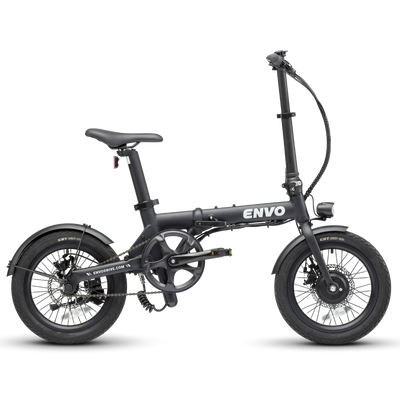









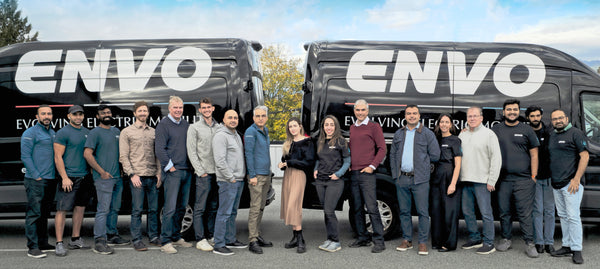
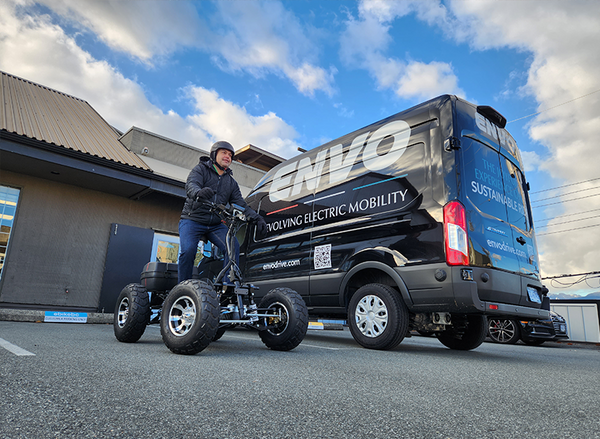
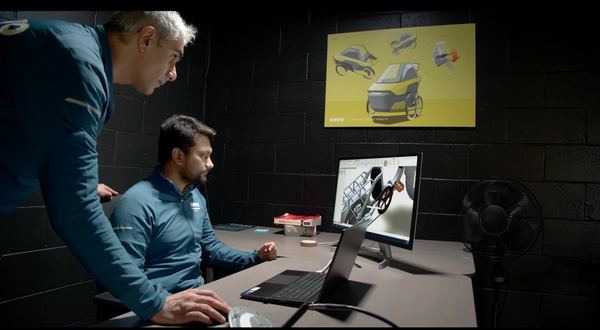
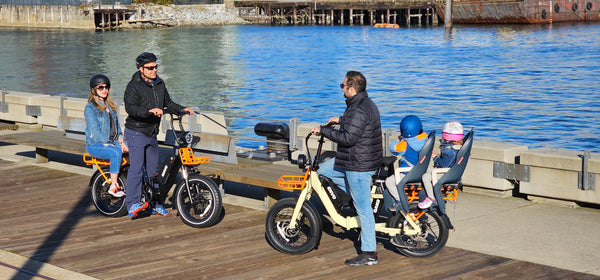


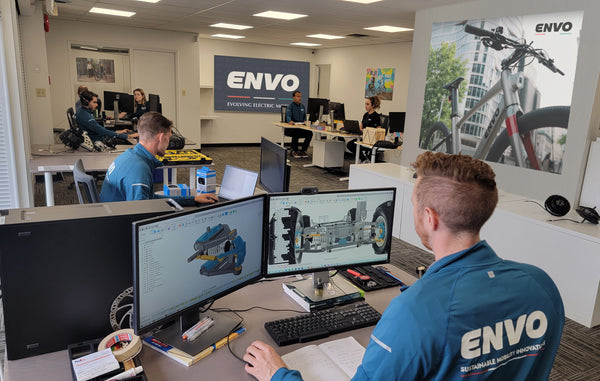





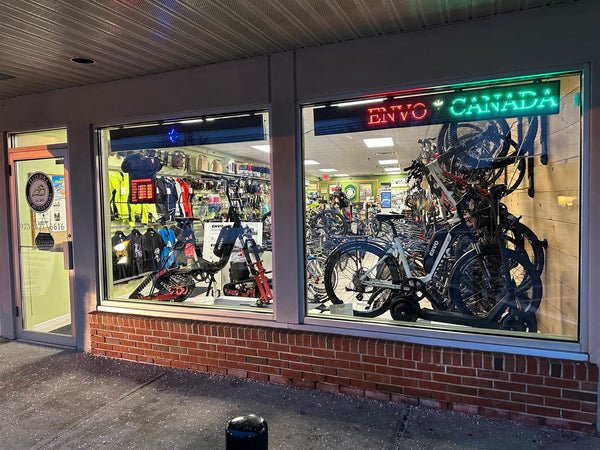

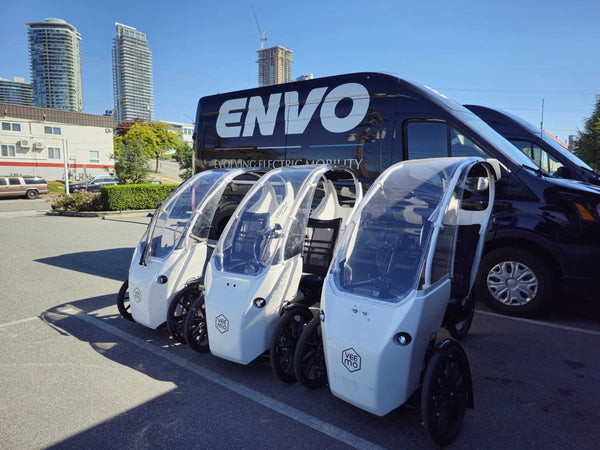





1 comment
Carlos Mathew
I purchased a ebike to use in town for shopping etc.do I have tax break when I do my tax report?
I purchased a ebike to use in town for shopping etc.do I have tax break when I do my tax report?